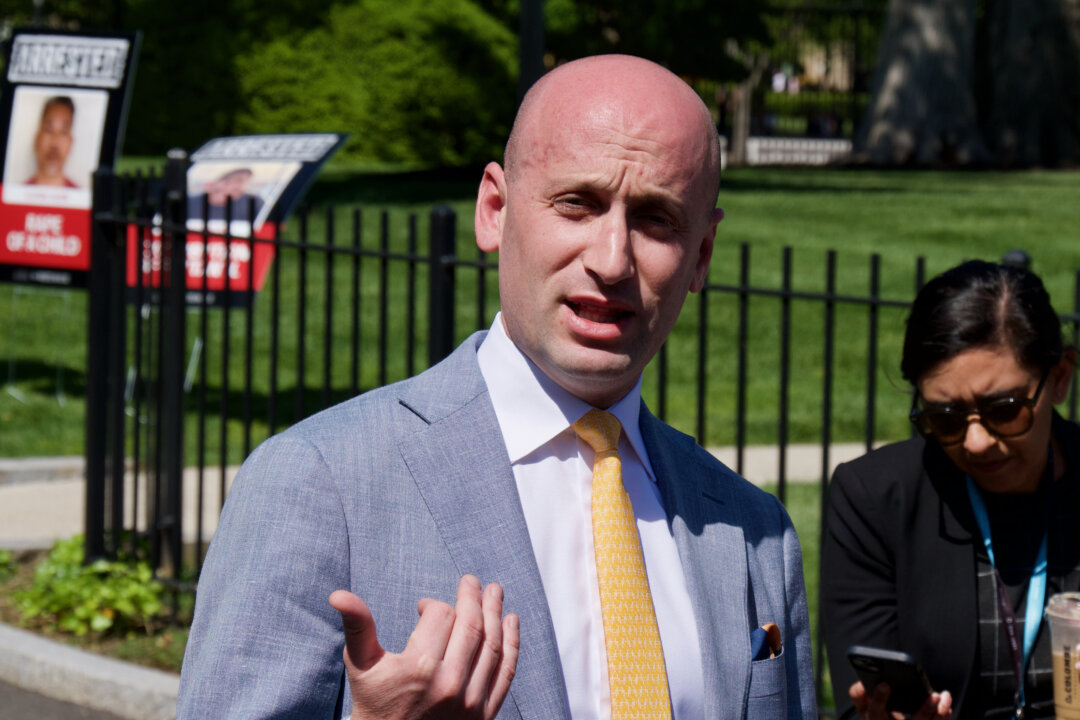Trump Administration Considers Suspending Habeas Corpus amid Immigration Policy Crackdown
Stephen Miller states that the administration is looking to suspend habeas corpus to streamline deportations of undocumented migrants, citing national security risks.
Subscribe to unlock this story
We really don't like cutting you off, but you've reached your monthly limit. At just $5/month, subscriptions are how we keep this project going. Start your free 7-day trial today!
Get StartedHave an account? Sign in
Overview
White House advisor Stephen Miller has announced that the Trump administration is 'actively looking at' suspending habeas corpus rights for undocumented migrants as part of a broader enforcement strategy aimed at the U.S.-Mexico border. His comments echo historical precedents where habeas corpus was suspended during times of crisis, yet legal experts argue that such actions may lack constitutional validity without congressional support. Critics warn that this move could undermine judicial oversight, especially given that federal courts have frequently challenged the administration's immigration policies, raising questions about the definition of 'invasion' Miller uses to justify such measures.
Report issue

Read both sides in 5 minutes each day
Analysis
- Stephen Miller asserts that the Trump administration is looking into suspending habeas corpus to enhance its deportation powers, suggesting that this action depends on court cooperation.
- Miller indicates that the Constitution permits the suspension of habeas corpus during an 'invasion,' linking this to the current immigration situation at the U.S.-Mexico border.
- Legal experts are divided on this matter, with some arguing that only Congress has the authority to suspend habeas corpus, citing the founding principles laid out in the Constitution.
Articles (21)
Center (9)
FAQ
The Trump administration cannot unilaterally suspend habeas corpus without congressional support. According to the Constitution, this right may be suspended only in cases of rebellion or invasion, which typically requires congressional approval[1][3][4].
History
- 6M

 4 articles
4 articles
- 6M

 6 articles
6 articles















